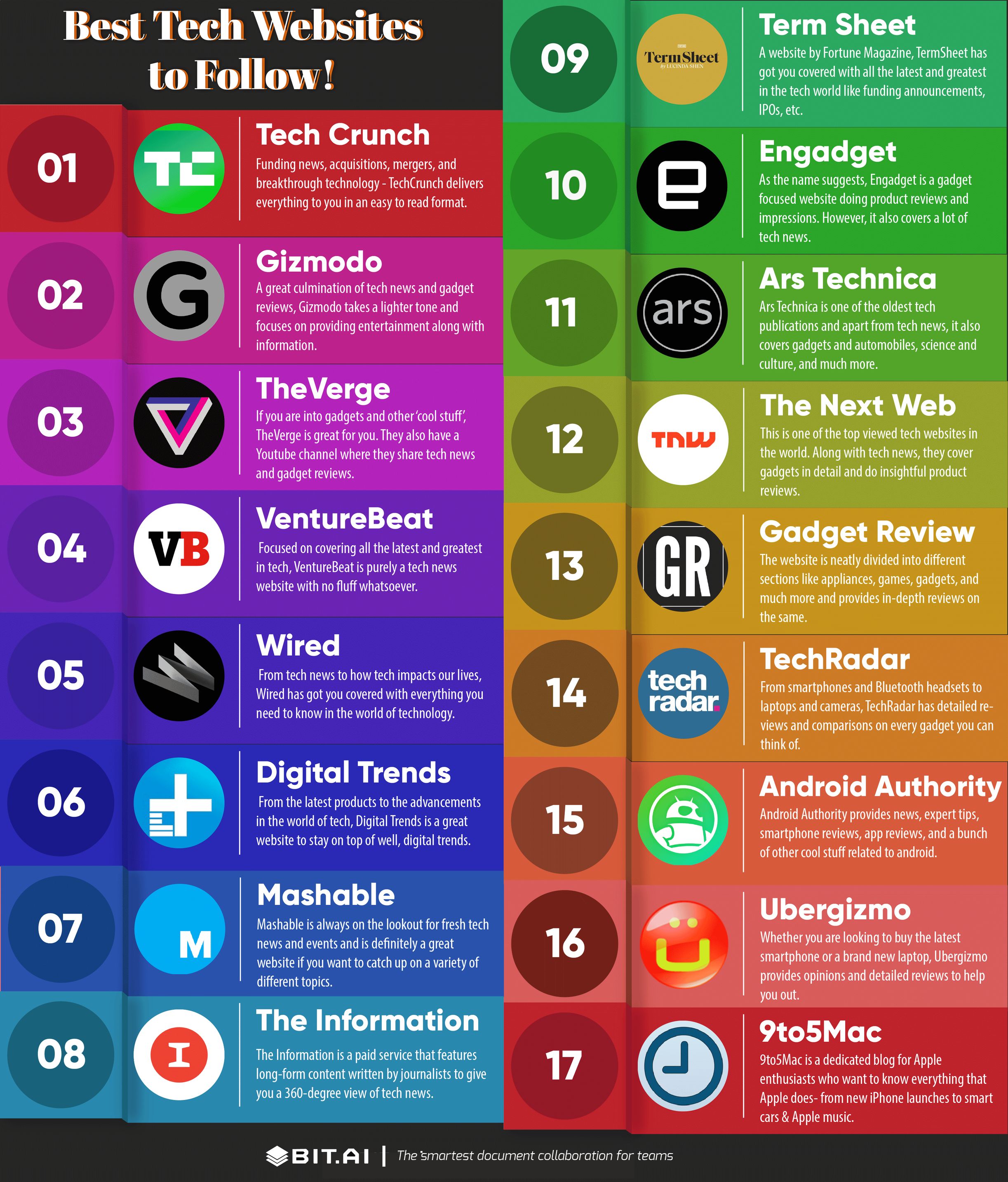Discover the Best tech blog for the current Trends and Advancements in Modern technology
Discover the Best tech blog for the current Trends and Advancements in Modern technology
Blog Article
Exactly How Blockchain Technology Is Revolutionizing Data Protection
Blockchain modern technology is essentially altering the landscape of information protection by introducing a decentralized structure that assures improved transparency and durability. Unlike standard systems, which rely on central data repositories, blockchain disperses information across a network, reducing vulnerabilities and solitary points of failing. The use of sophisticated cryptographic techniques ensures that information stays tamper-proof, promoting count on amongst stakeholders and individuals.
The Basics of Blockchain
Blockchain technology, an advanced idea in electronic information monitoring, essentially transforms exactly how details is kept and protected. At its core, a blockchain is a dispersed ledger that videotapes purchases throughout a network of computer systems, guaranteeing transparency and immutability.
Secret to comprehending blockchain is the hashing process, which encrypts purchase data into an unique alphanumeric code. This cryptographic feature makes sure that any type of alteration in the transaction data results in a totally various hash, thus protecting versus meddling. The consensus device, another vital element, validates and verifies new purchases via a network of nodes, thus eliminating the need for a centralized authority.
Additionally, blockchain's append-only structure ensures that information, as soon as added, can not be erased or changed. This characteristic assurances a proven and permanent document of purchases, cultivating depend on among participants. Consequently, blockchain supplies a robust structure for information honesty, supplying sectors a trustworthy approach for monitoring and handling digital details in a safe, transparent manner.
Decentralization and Safety
Decentralization, a core concept of blockchain innovation, significantly enhances data safety and security by dispersing control throughout a network rather than depending on a single, centralized entity. By dispersing data across many nodes, blockchain makes sure that even if one node is compromised, the whole network continues to be safe and secure.

Additionally, decentralization encourages users with greater control over their information. Each participant in the network has access to the whole blockchain, enabling them to confirm and audit transactions individually. This transparency promotes depend on amongst users, as they do not have to count on a central authority to ensure information stability. Generally, decentralization is crucial in improving information safety in blockchain networks.

Cryptographic Methods
At the heart of blockchain technology, cryptographic techniques play a crucial function in securing data, ensuring both privacy and stability. Cryptography in blockchain uses a combination of symmetric and uneven algorithms to encrypt information, making it obtainable just to authorized celebrations.
Hash functions are one more important part, transforming input information into a fixed-size string of personalities, properly producing a distinct electronic fingerprint for each and every block. This ensures that any type of effort to modify the data will certainly result in an entirely various hash, thus maintaining the immutability of the blockchain. Moreover, digital signatures validate the credibility and honesty of purchases, providing a layer of non-repudiation.
The decentralized nature of blockchain, combined with robust cryptographic techniques, gets rid of the requirement for middlemans, lowering potential vulnerabilities. As blockchain innovation evolves, improvements in cryptography such as zero-knowledge proofs and homomorphic encryption proceed to enhance protection procedures, additionally fortifying information protection in this revolutionary electronic ledger system.
Use Situations Across Industries

In the health care sector, blockchain ensures the safe and secure storage space and sharing of client documents, advertising interoperability while securing delicate data from unapproved accessibility. This modern technology encourages individuals with control over their case history and helps with smooth coordination among healthcare suppliers.
Supply chain monitoring advantages considerably from blockchain's immutable ledger, which guarantees traceability and credibility of products from origin to customer. By boosting openness, blockchain assists mitigate concerns such as counterfeiting and unethical sourcing.
In addition, blockchain's decentralized nature is improving the energy industry by enabling peer-to-peer energy trading, where customers can acquire and sell excess renewable resource straight. This fosters a much more lasting and reliable energy community.
In the world of copyright, blockchain offers a tamper-proof system for makers to register and protect their jobs, making sure rightful attribution and reasonable payment. These varied use situations underscore blockchain's role as an essential force in redefining information protection across industries.
Future of Data Security
As we want to the future of information security, blockchain technology is positioned to play an essential role in securing electronic information. With its decentralized and immutable features, blockchain uses a robust framework for securing sensitive information versus unauthorized gain access to and cyber hazards. This modern technology guarantees that once information is tape-recorded, it is almost impossible to alter without detection, hence offering a substantial advantage over traditional data storage techniques.
The integration of blockchain with other innovative innovations, such as man-made knowledge and the Web of Things (IoT), is anticipated to improve information protection methods better. By read more leveraging wise agreements, companies can automate and impose safety protocols, reducing human error and raising performance. Additionally, blockchain's capacity to supply deducible and transparent deals will bolster trust fund and accountability in information management methods.
As regulative landscapes progress, blockchain's compliance-friendly nature will become significantly pertinent. It can assist organizations fulfill stringent data protection laws, such as the General Information Defense Policy (GDPR) and the California Customer Personal Privacy Act (CCPA), by giving verifiable records of information handling tasks. Inevitably, blockchain's distinct attributes placement it as a transformative device in the ongoing quest to protect the electronic world against ever-evolving cyber risks.
Conclusion
Blockchain modern technology represents a standard change in data safety and security by leveraging decentralization and cryptographic methods to enhance transparency, trust fund, and information integrity. As cyber dangers progress, blockchain arises as a crucial tool for durable data protection throughout numerous sectors.
Blockchain modern technology is basically changing the landscape of information safety and security by introducing a decentralized structure that promises improved transparency and resilience. Unlike standard systems, which count on centralized information databases, blockchain disperses data across a network, lessening vulnerabilities and solitary factors of failure.Decentralization, a core principle of blockchain technology, significantly enhances data safety and security by dispersing control throughout a network instead than relying on a single, central entity.At the heart of blockchain technology, cryptographic techniques play a critical role in protecting data, making sure both discretion and stability.Blockchain innovation stands for a paradigm change in data security by leveraging decentralization and cryptographic methods to improve transparency, trust fund, and information stability.
Report this page